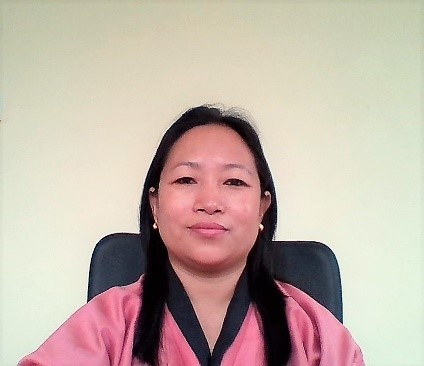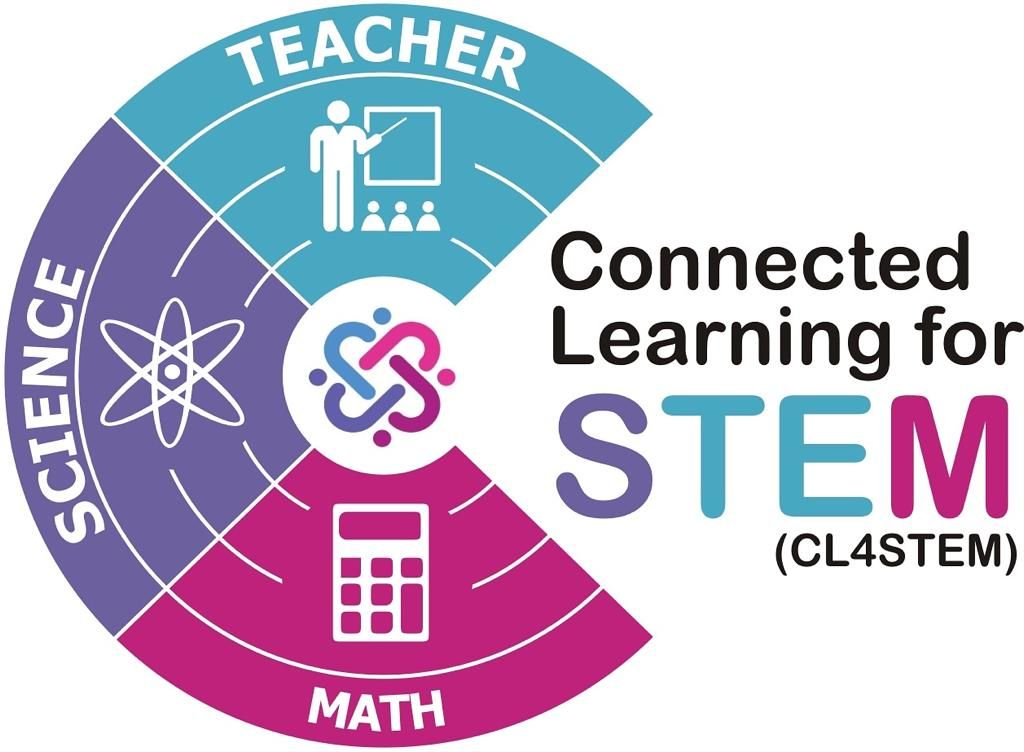About us

Introducton to CL4STEM
Samtse College of Education (SCE), in collaboration with Ibrahim Badamasi Babangida University, Lapai (IBBUL), Nigeria, Open University of Tanzania (OUT), Tanzania, and Tata Institute of Social Sciences (TISS), India, has been awarded a research grant through the Global Partnership for Education Knowledge and Innovation Exchange (GPE-KIX) to carry out a project titled Connected Learning for Teacher Capacity Building in STEM (CL4STEM).
The research grant is supported by the International Research Development Centre (IDRC), Canada.
The consortium is a South-South collaboration of higher education institutions that aims to address the global undersupply of quality STEM teachers.
The project mainly aims to involve STEM teacher educators in curating Open Educational Resources (OERs) in three Sciences and Mathematics that are aligned with the national curricula framework and tailored to local contexts and needs of secondary levels (Grade VII to XII), followed by piloting the innovation in selected secondary schools and conduct evidence-based research to generate knowledge for scaling the innovation. The entire process is expected to build the capacity of the STEM teacher educators and STEM teachers in secondary schools in incorporating Technological Pedagogical Content Knowledge (TPACK), Universal Design for Learning (UDL), Higher-Order Thinking with Inclusion and Equity, Design Thinking, and Reflective Writing of their practices.
Objectives of the project
The project's overall objectives are as follows:
Develop a selection of OERs that will be curated and adapted for suitability to local contexts and needs;
Integrate of OERs for TPACK and inclusive Education into the Initial Teacher Education (ITE) programs and Newly Qualified Teachers (NQT);
Develop certificate courses for STEM teachers for integrating OERs for TPACK and inclusive Education; and
Build vibrant Communities of Practice (CoP) for the capacity development of the STEM teachers in the respective partner institutions.
project Activities
The project activities will be carried out in four thematic phases: Knowledge Transfer and Capacity Building, Situational Analysis Study (SAS), Research and Knowledge Generation, and Knowledge Dissemination and Scalability. During the knowledge transfer phase, TISS consultants trained STEM teacher educators at SCE in the curation of OERs incorporating TPACK, UDL, Inclusive pedagogies, and Design Thinking. Similarly, teacher educators were trained in the establishment and management of CoPs for the professional development of school STEM teachers and the design and adaptation of research tools for various research activities.
The Ministry of Education (MoE) is the project's primary stakeholder. Initially, the project was intended to be implemented in five Dzongkhags: Samtse, Thimphu, Paro, Zhemgang, and Trashigang, and the readiness of the schools for project implementation was also assessed. However, due to the country's covid-19 situation at the time, the project could only be implemented in Samtse Dzongkhag. Nevertheless, OERs will be made available to all secondary-level STEM teachers. These OERs will facilitate STEM teachers' professional development in content knowledge enhancement, inclusive and innovative pedagogies, and the use of technology in their daily practices. The project's activities will also complement the MoE and Royal Government of Bhutan's initiatives in achieving some key educational goals related to the iSherig-2 Education ICT master plan 2019-2023. Similarly, the project will support the realization of His Majesty's vision for STEM education, as articulated in the Royal Kasho on Education Reform.

